By Haley Verre
Staff Writer
Due to April’s designation as Autism Awareness month, nonprofits like Autism Speaks are being more vocal to raise awareness and money to support their cause.

On the surface, Autism Speaks is a benevolent organization dedicated to improving the lives of those diagnosed with autism. However, Autism Speaks suffers a bad reputation.
I gathered information from nonprofit review sites, articles and videos produced by the autistic community, health and science journals, and a phone call to a Board Certified Behavioral Analyst.
In simple terms, Autism Spectrum Disorder is a complex neurobiological condition that often presents its symptoms during childhood. Sensory input is processed differently by people with autism and sometimes there is a disconnect between the brain and body.
Autism is a spectrum and everyone experiences it differently. That being said, there is no way Autism can be cured; it is not a disease or illness nor should it be treated as such. Autism Speaks often uses language to suggest that Autism is “curable,” which is upsetting for both those with Autism and for people who know someone experiencing Autism.
Bob and Suzanne Wright founded Autism Speaks in 2005 when their grandson was diagnosed with Autism. With a donation of $25 million to start, Autism Speaks helped to bring conversations about Autism into the mainstream.
Despite the good that Autism Speaks has done to raise awareness and support families, its reputation for fear-mongering, being highly bureaucratic, and mishandling funds holds true given the multitude of evidence from people who have either worked for the nonprofit or who have sought out help from it.
I looked at reviews from Glassdoor, which rates the experiences of employees, as well as Guide Star, which provides legal documents and insight into the activities and functions of nonprofits.
I found that the vast majority of Autism Speaks employees and volunteers had a negative experience working with the nonprofit. They complained of disorganization, disconnect between departments, constantly changing management, and being in a constant state of stress. One Glassdoor review said that the employees are “overpaid and overworked.”
People who have tried to get support from Autism Speaks are often disappointed and discouraged with their interactions with the organization. The biggest problem with Autism Speaks is that it presents autism as a kind of “illness” that needs to be cured and as a burden to families with autistic children.
Autism Speaks recently changed its mission statement from finding a cure to finding “solutions” for autism. However, the idea behind the organization remains the same.
Past videos released from Autism Speaks include a public service announcement called “Autism Every day” in which a former board member talked about a time she contemplated a murder-suicide of her autistic daughter right in front of her.
Another video called “I am Autism” paints autism as an ominous force that “works faster than […] AIDS, cancer, and diabetes combined” and “will ruin your marriage.”
Not only does Autism Speak’s toxic language stigmatize Autism, but it only contributes four percent of its funds to helping families. Autism Speaks generates over $5.7 million in revenue, which means that only $188,000 is offered to accommodate the population it is supposed to serve.
More importantly, there are no autistic board members at Autism Speaks. Ironically, people with autism are not given the agency to vocalize their own issues and experiences. When a board does not include anyone from the people they are helping, then the needs of that community cannot be properly met.
I would advise anyone interested in donating to a nonprofit to do their research before giving away their money.
If you want to contribute to organizations that help with autism awareness, I would recommend checking out nonprofits like the Autistic Self Advocacy Network, the Autism Women’s Network, the Autism National Committee, and Autism Network International.









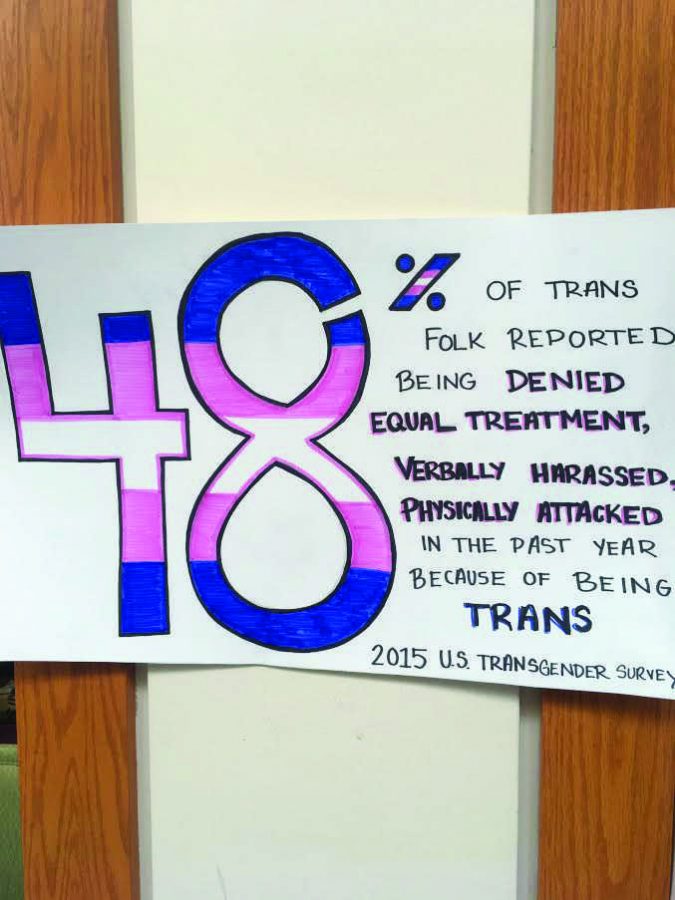

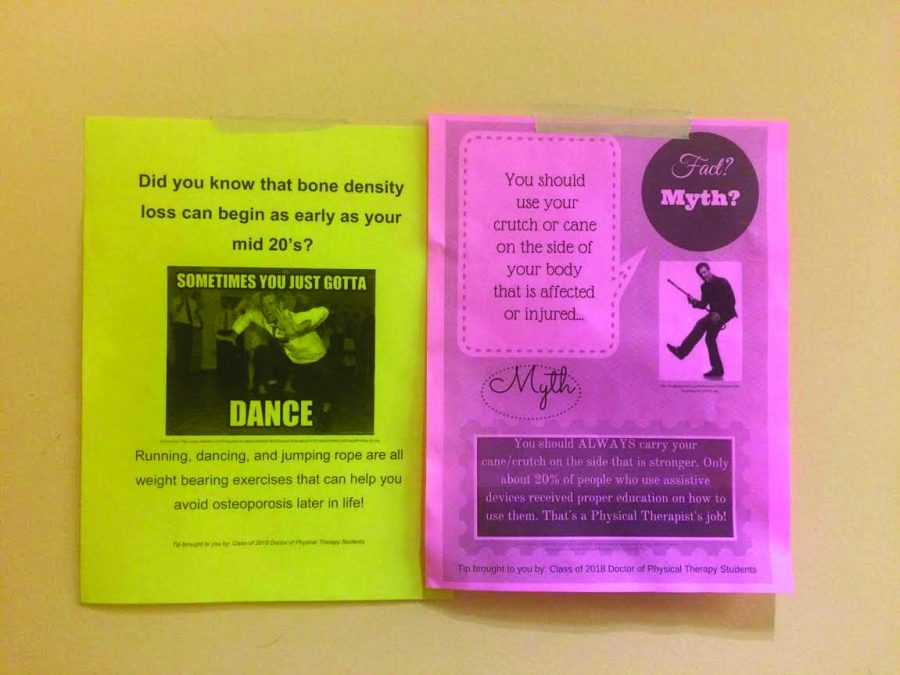
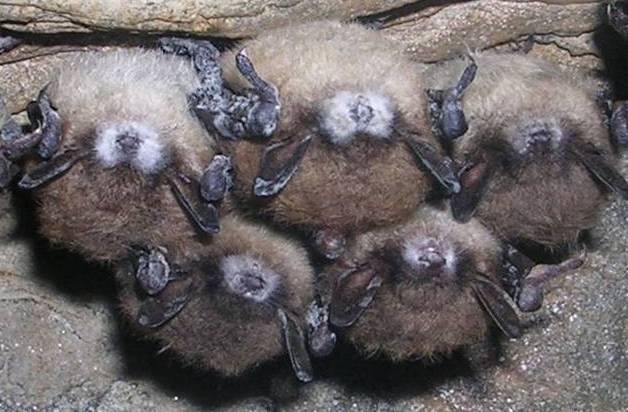
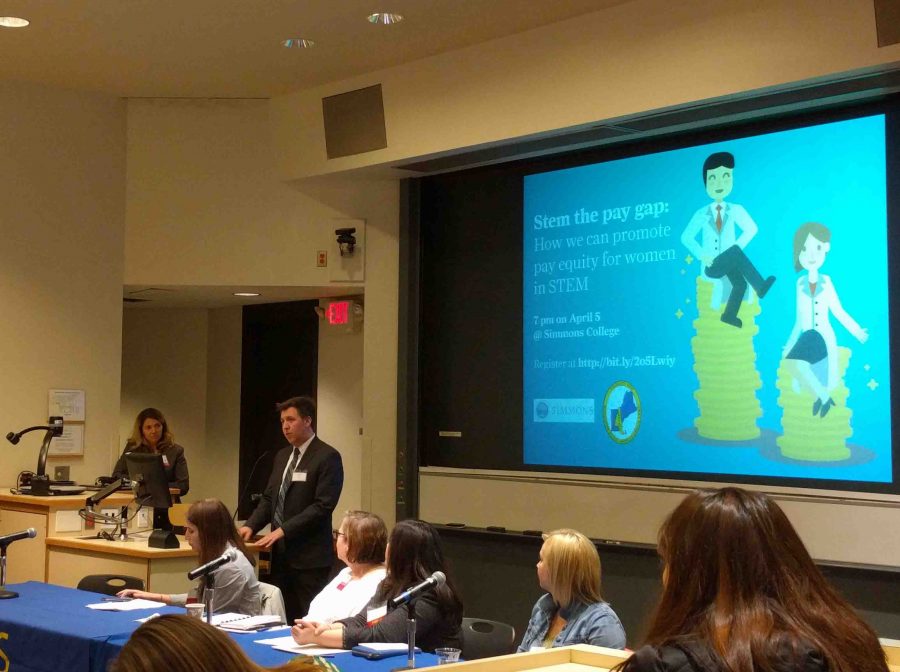
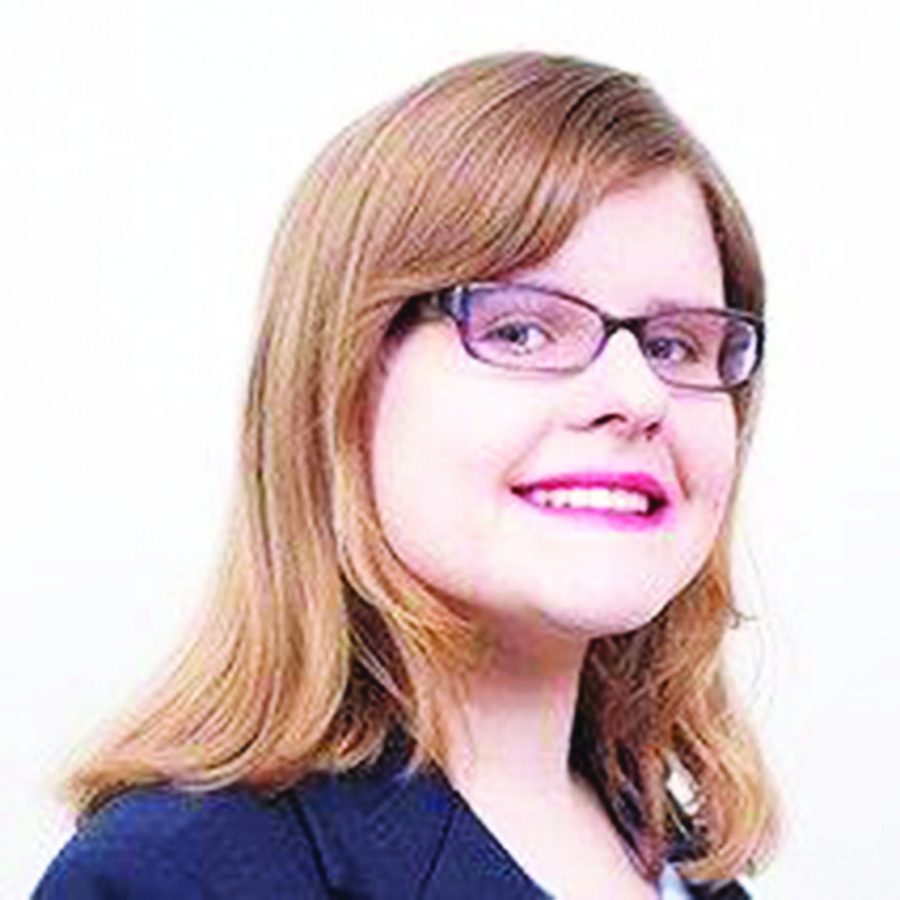




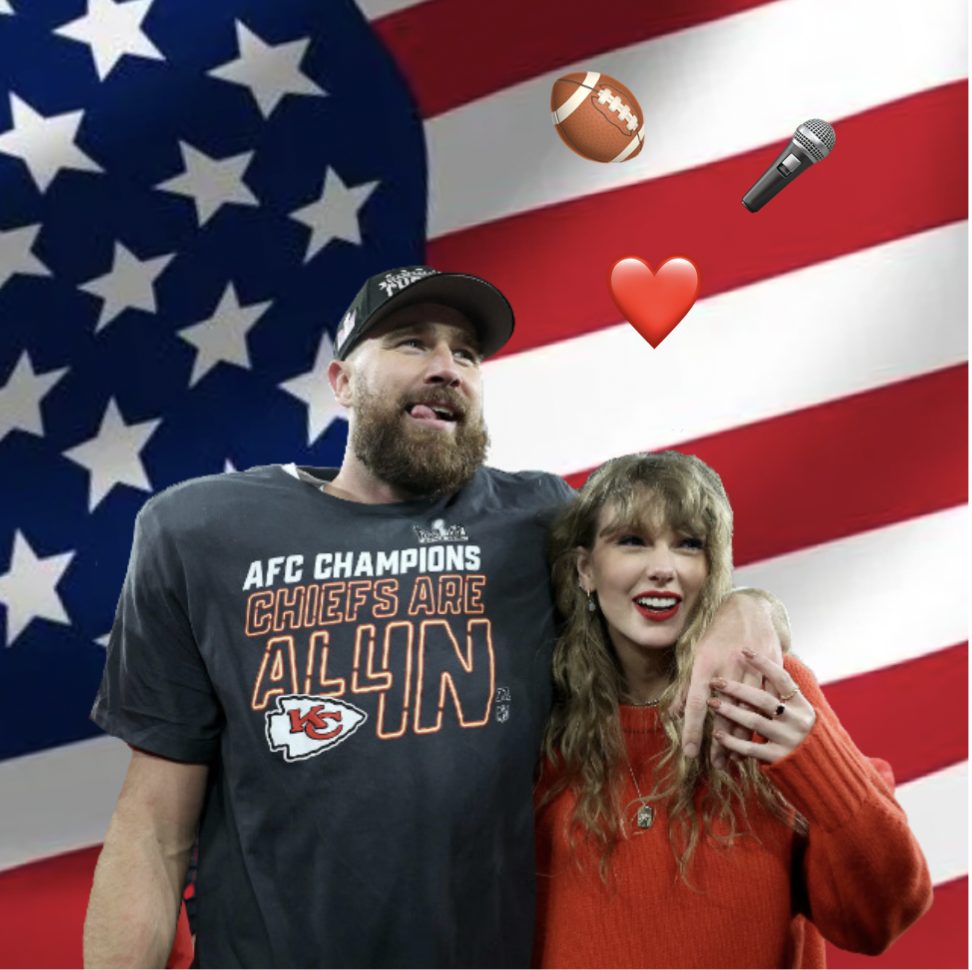

Charli Devnet • Apr 14, 2017 at 7:21 pm
Bravo! I am an autistic adult (not ‘adult with autism’ as autism is an integral part of me, not a transitory defect like a broken leg or a disease which needs to be cured). Organizations like Autism peaks which ffrighten people about autism and further stigmatize those on the spectrum as ‘the other’ only exacerbate the problem.Autistic people are ostracized enough. They need acceptance and a chance to flourish. We are different, but not less.